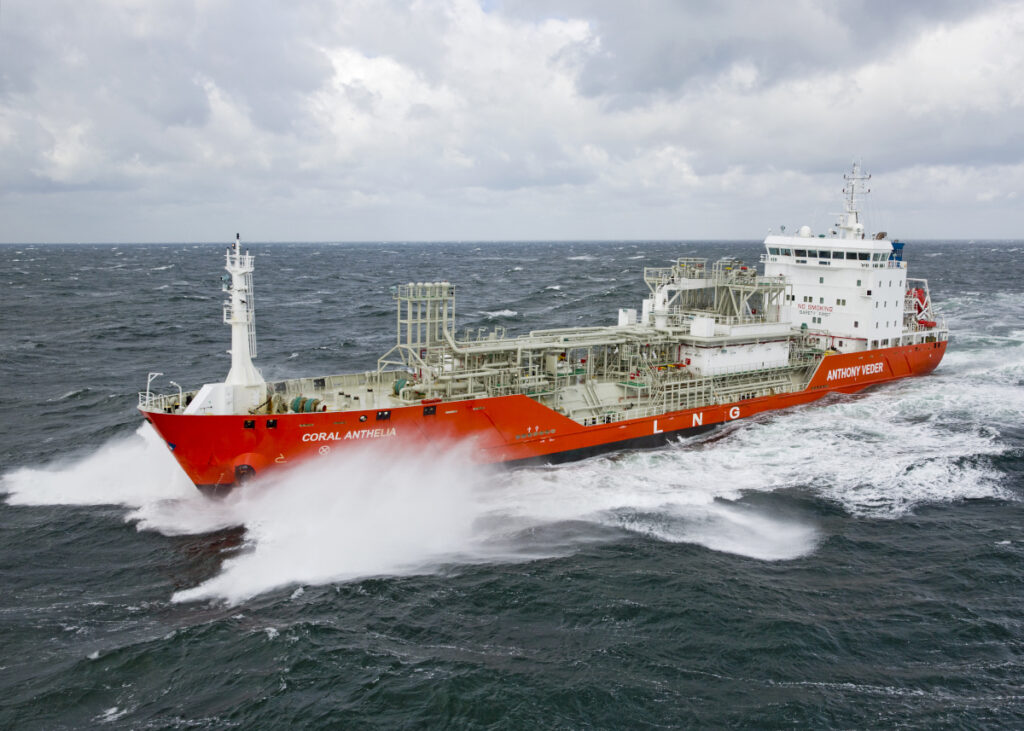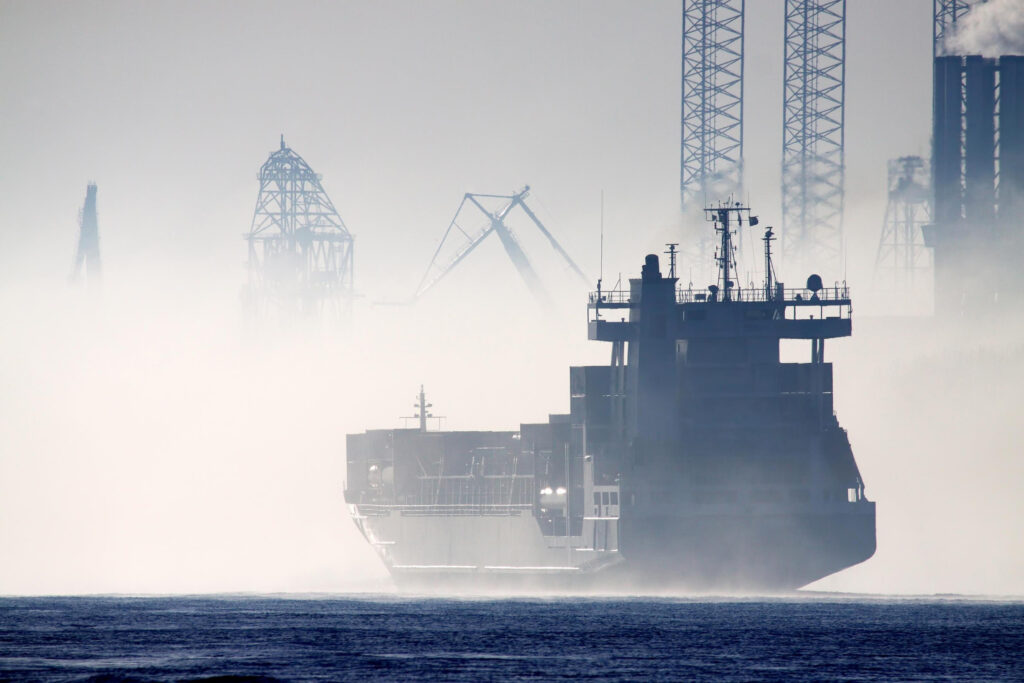Sustainability
Sustainability: reduce emissions, increase efficiency
Ships are an indispensable link in our global transport chain and Bolier has a passion for the propulsion of these ships: diesel engines. However, this does not mean that we are oblivious to the impact that these engines have on the environment.
We therefore do everything we can to help you minimise the emissions from your marine engine(s). Both from an environmental perspective and in view of all current and future regulations concerning the emission of greenhouse gases.
Your ship must perform optimally, have the least possible impact on the environment and meet all the requirements set by the legislator. It is a complex issue that we are happy to help you with.
The Greenhouse Gas Reduction Strategy
In order to reduce greenhouse gas emissions, your ship must comply with a variety of regulations. In 2018, the International Maritime Organization (IMO) produced the Greenhouse Gas Reduction Strategy, with one of the goals being to reduce CO2 emissions by 40% compared to 2008. This objective can be achieved by making ships more energy efficient and using low-carbon and carbon-free fuels.
2 measures introduced by the IMO which apply to your existing ship
1. EEXI - one-time approval
Improved technical efficiency can reduce greenhouse gas emissions from existing ships. To measure whether existing ships have that efficiency, the IMO created the Energy Efficiency eXisting ships Index (EEXI).
The EEXI is a value related to the technical design of your vessel: for instance the vessel type, capacity and propulsion technology. Your vessel must obtain the one-time EEXI approval upon its first periodic survey and no later than 2023.
The question is therefore whether any measures must be taken for your ship to meet the required EEXI approval. The most obvious measure is Engine Power Limitation (EPL – slow steaming). Other options include retrofitting solutions and using alternative fuels.
We know your ship, engine and propulsion system, offer various solutions for reducing emissions and increasing efficiency after EPL and are happy to think along with you about further possibilities, free of obligations.


2. CII - dynamic measure of operational efficiency
Starting in 2023, the Carbon Intensity Indicator (CII) will also come into effect for all cargo, RoPax and cruise ships over 5,000 GT trading internationally. This indicator has to do with the operational efficiency of a ship and shows how many grams of CO2 are emitted per cargo capacity and nautical mile. The rating runs from A to E and the thresholds between these will become stricter until 2030.
This means that the CII focuses on the actual emissions of an operational vessel and is therefore dynamic. To meet this requirement, we offer various tailor-made solutions for both the ship’s engine and the propulsion system.
Are you looking for the right solution to meet the above requirements?
Thanks to our knowledge, we can help you with this effectively. We offer various solutions for improving efficiency and reducing emissions.
Our solutions focus on marine engine efficiency (MaK) as well as their control. Contact us to discuss the concrete possibilities: call + 31(0) 78 616 41 11 or email support@bolier.nl.

